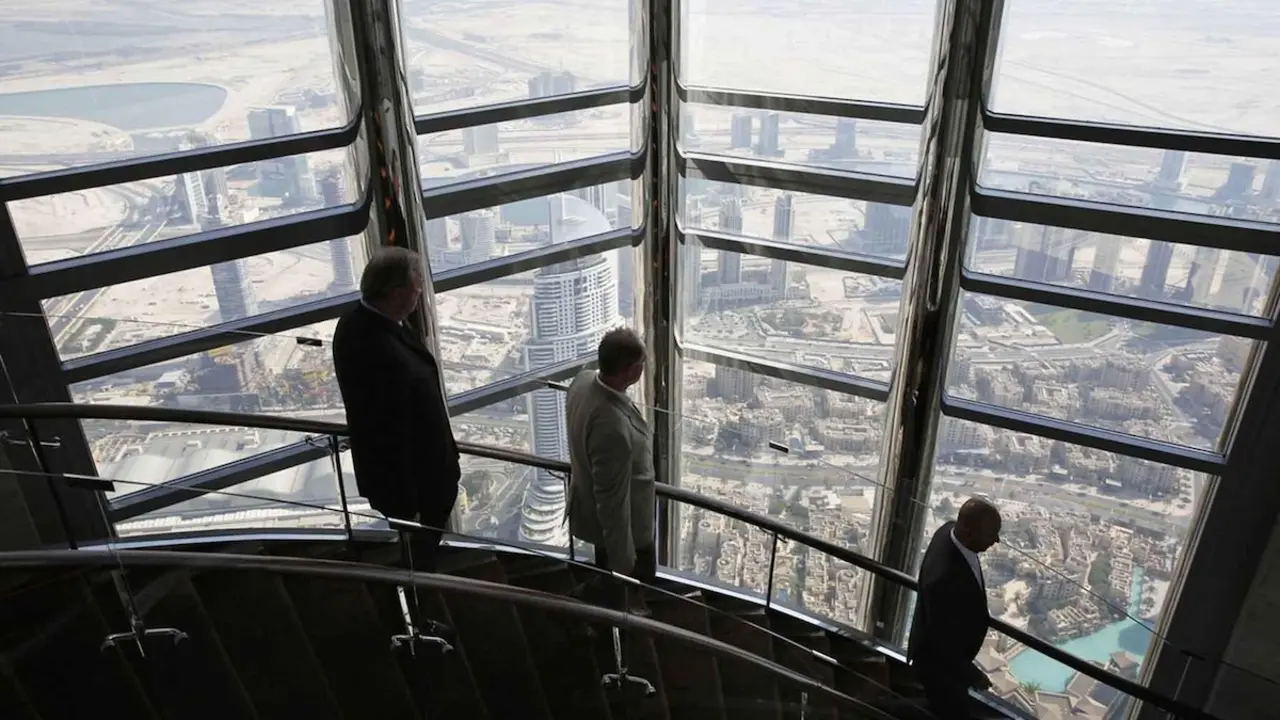Marruecos incrementa los impuestos a las grandes empresas para estimular la economía

With a view to next year's national budget, the Moroccan government has adopted a tax reform aimed at large companies with the aim of "registering higher returns to face adverse conditions" and "increasing the contribution of these companies to development and social protection", reports Al-Arab.
Through what Rabat has called "solidarity mechanisms", large companies will gradually increase their contribution rate in order to stimulate the national economy. According to the Arab newspaper, companies exceeding 100 million dirhams ($9.2 million) are expected to increase their contribution rate by 35%, while those earning less than that amount will be taxed at 20%.

Moroccan Prime Minister Aziz Akhannouch said he thinks it is "fair" that companies that earn more should pay more tax, noting that the country is in an "exceptional" situation. "It is necessary that we all contribute to achieve social justice," he said. With regard to companies, Akhannouch stressed that they have "a key role in the consolidation of social cohesion and in the protection of state projects".

For her part, the Minister of Economy and Finance, Nadia Fattah Al-Alawi, pointed out that the current context requires "everyone to contribute to defraying expenses". Like Akhnnouch, she referred to "social justice" and stressed that, despite this measure, the government is committed to boosting investment in both the public and private sectors.

"Investment is a key mechanism to lay the foundation for sustainable growth that provides job opportunities and funding resources for various social and development programmes in line with the directives of King Mohammed VI," Fattah Al-Alawi explained.

The Finance and Economic Development Committee listed some of the industries that will be affected by this measure, such as oil and fuel companies and the financial and banking sector. In this regard, Hakim Marrakchi, head of the Tax and Customs Committee of the General Confederation of Moroccan Enterprises, stressed to Al-Sharq that the tax increase on banks will not lead to an increase in interest rates on loans. However, he warned that unless there is action by the central bank, "the fall in banks' profits may lead to a slowdown in the growth of their assets and thus reduce the volume of lending".

According to data collected by Al-Arab, the profits of seven leading companies in the fuel distribution sector amounted to Dh1.68 billion ($93 million) annually. These revenues came from the sale of petrol over the past four years.
In this regard, economist Rashid Sari - quoted by the Arab media - believes that the time is right to enact a tax on entities working in the hydrocarbon sector.

On the other hand, economic analyst Muhammad Sharqi points out that this measure serves as a way for the state to "support and encourage investment". He also stresses the need for large companies that made large profits in times of crisis to "show solidarity with social needs in the face of international and national challenges", such as the consequences of the droughts that have affected the Kingdom.

Sharqi says the social protection programme needs some Dh51 billion ($4.6 billion) in funding after health coverage for some 11 million citizens was announced.
In addition to covering social welfare expenditures, this measure will accelerate investment, providing more job opportunities for young people and reducing unemployment rates by 11%, Sharqi explains. It will also reduce dependence on external financing and borrowing.








